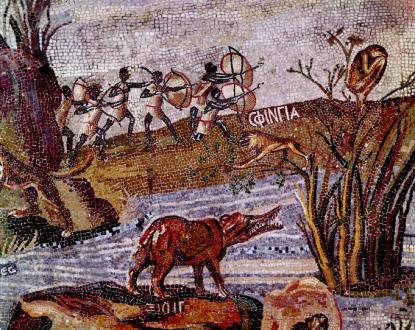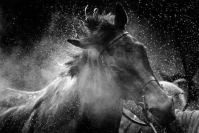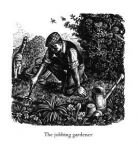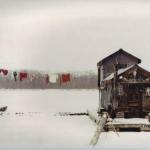Tenderness, wisdom and irony
‘Every poet describes himself, as well as his own life, in his writings,’ observed Giuseppe Tomasi di Lampedusa in one of his lectures on English literature, which he delivered twice a week to an audience of young people in his palazzo in Palermo. ‘Every poet describes himself, as well as his own life, in his writings,’ observed Giuseppe Tomasi di Lampedusa in one of his lectures on English literature, which he delivered twice a week to an audience of young people in his palazzo in Palermo. He was speaking of Shakespeare, whom he adored (he said his mistress, whom everyone considered plain, was Measure for Measure) but he could have













